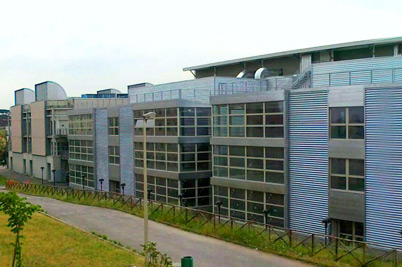The Disagreement Between In the Midst of the Korean War
In the midst of the Korean War, there was a heated disagreement between the involved parties. The conflict stemmed from various factors, including political differences, territorial disputes, and ideological clashes. It was a tumultuous period in history that had significant implications for the global political landscape.
One of the key issues of contention was the agreement to buy and sell real estate. This general use and lots/acreage agreement became a source of conflict as both sides had competing claims over certain territories. The disagreement further escalated as each party sought to assert their ownership rights.
Another crucial point of contention was the contents of the agreement. Both sides had differing expectations and demands, leading to prolonged negotiations and an impasse. This impasse hindered progress and prolonged the duration of the war.
The disagreement also extended to international trade and cooperation. The general agreement on trade in services within the WTO was another source of conflict. Each side had their own interests and priorities, causing friction and hindering collaboration.
Furthermore, there was an only country that did not ratify the Paris Climate Agreement, exacerbating the tensions between the parties involved. This lack of consensus on tackling climate change added another layer of disagreement and strained international relations.
The legal and binding nature of contracts also contributed to the disagreement. The question of when a contract is legal and binding was a contentious issue that needed to be resolved. It further complicated the negotiations and delayed the resolution of the conflict.
Amidst all this disagreement, there were efforts to find common ground. One such endeavor was the equipment sublease agreement. This agreement aimed to address the issue of shared resources and promote cooperation between the parties. However, reaching a consensus on the terms of the sublease proved challenging.
Expressing agreement and disagreement also played a significant role in the negotiations. The ability to express agreement and disagreement was crucial in conveying positions and finding areas of compromise. However, differing opinions on various matters often led to deadlock and further deepened the divide.
Ultimately, the disagreement between the parties involved in the Korean War had far-reaching consequences. It prolonged the conflict, hindered diplomatic efforts, and strained international relations. The resolution of these disputes was essential for lasting peace and stability in the region.
Related: Ontario Real Estate Agreement of Purchase and Sale Form












 Iscriviti al feed delle news per essere aggiornato sulle ultime notizie.
Iscriviti al feed delle news per essere aggiornato sulle ultime notizie.